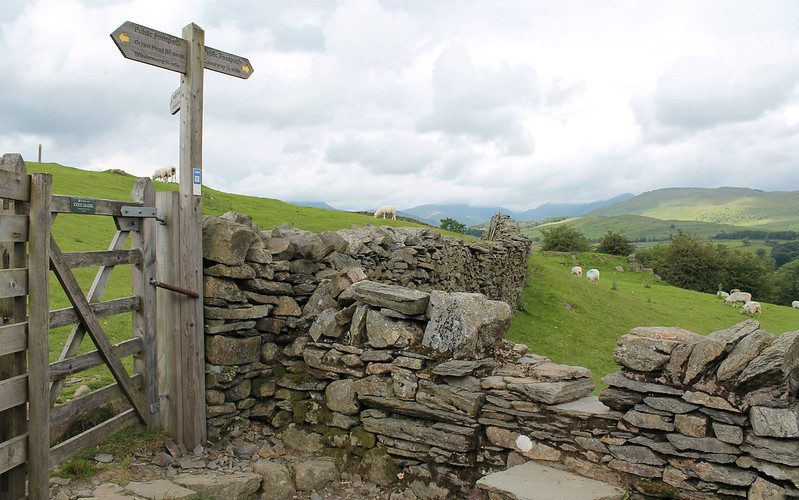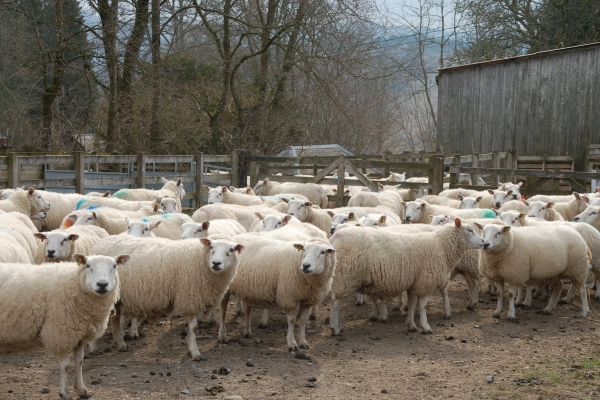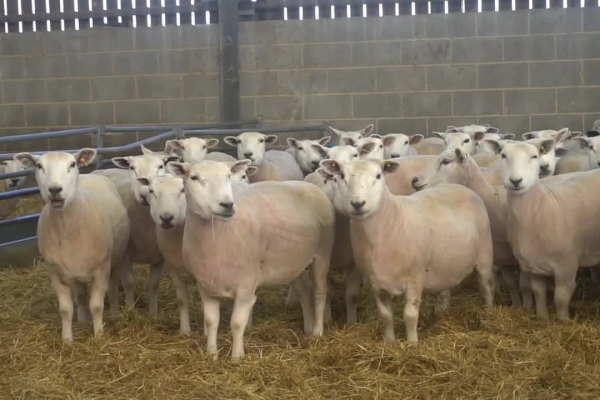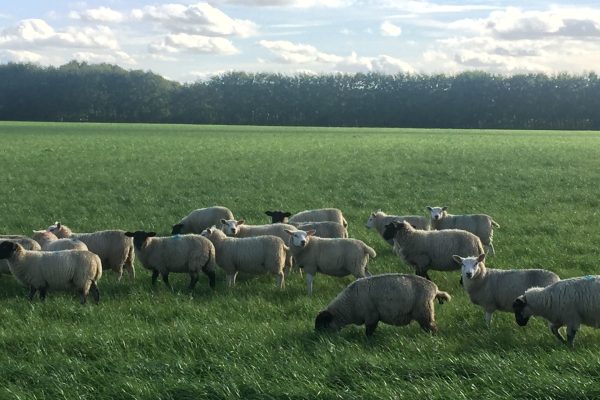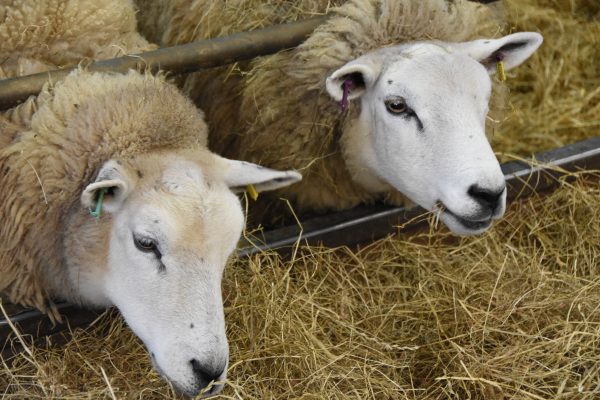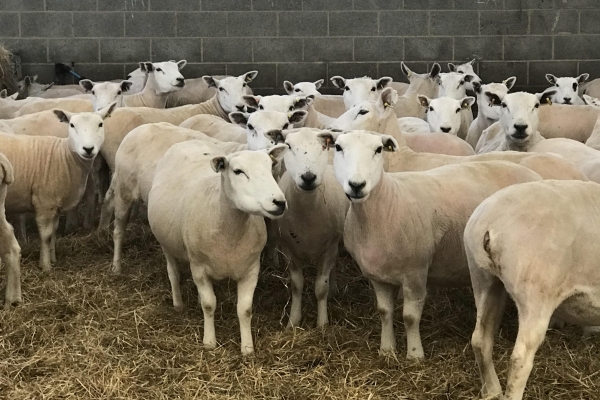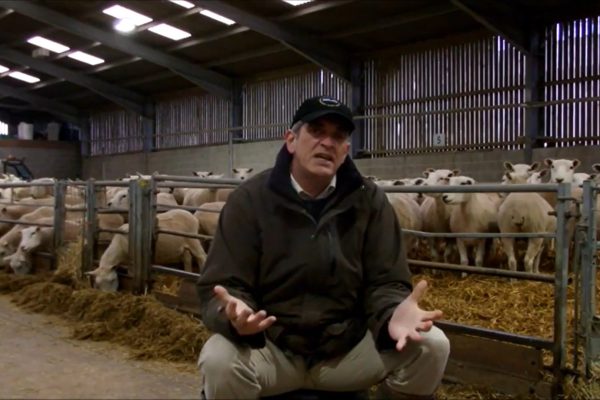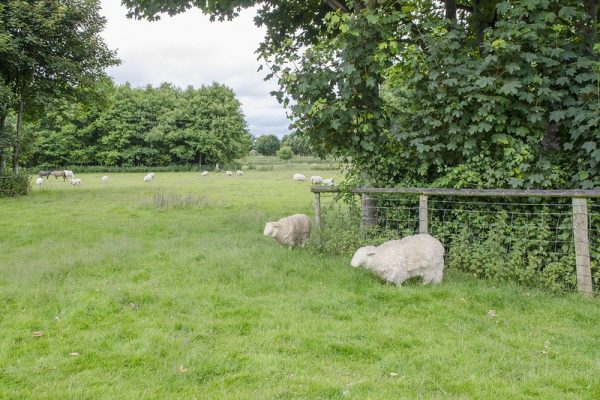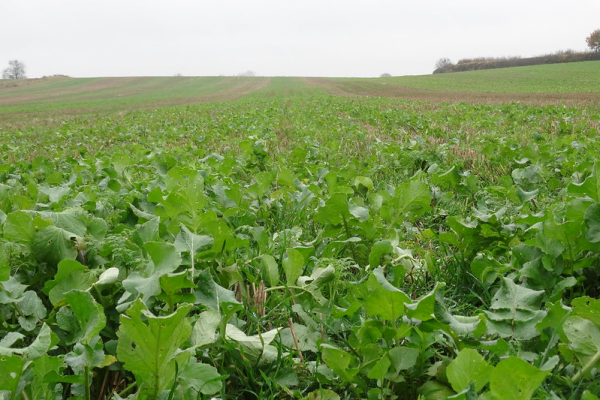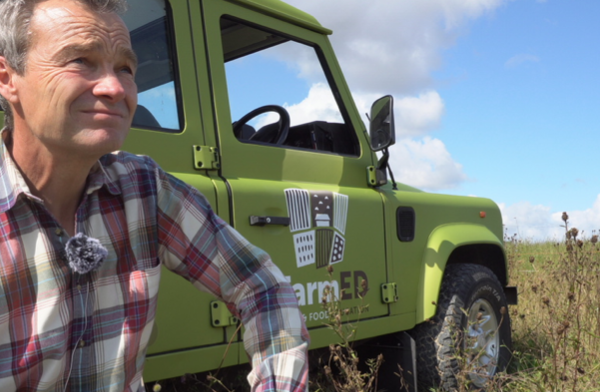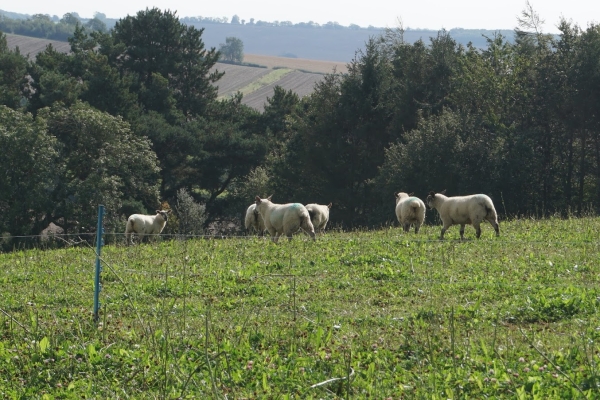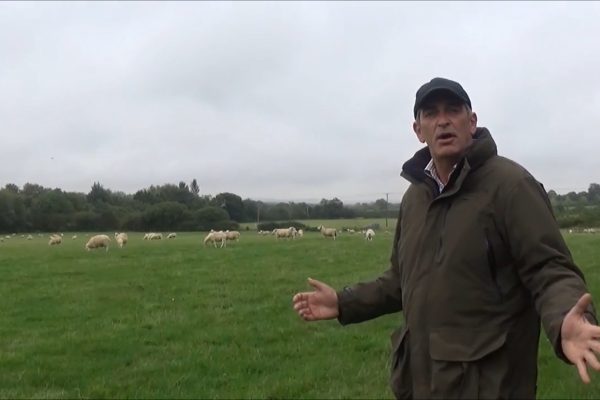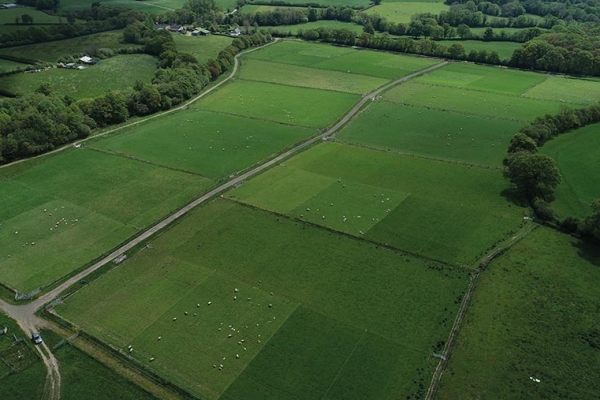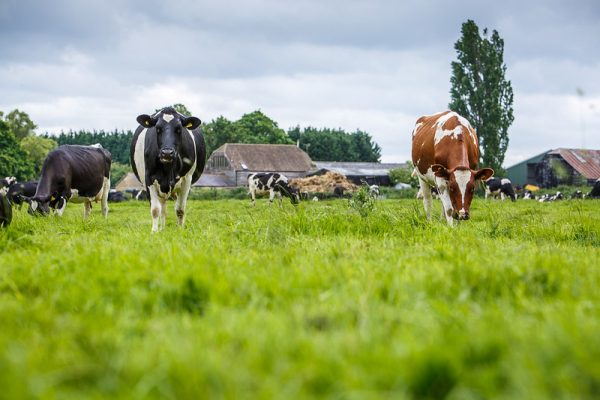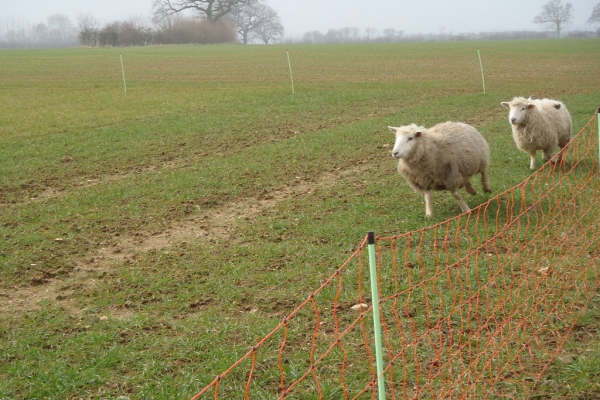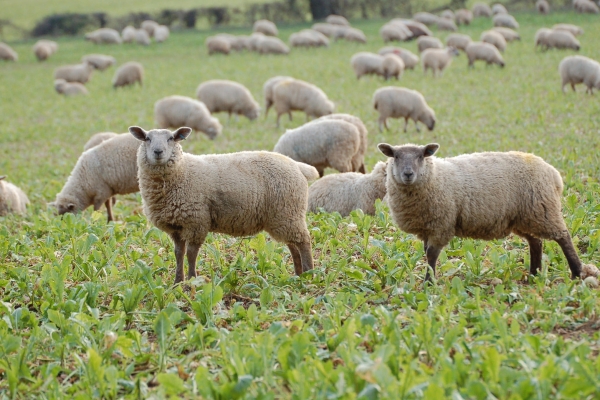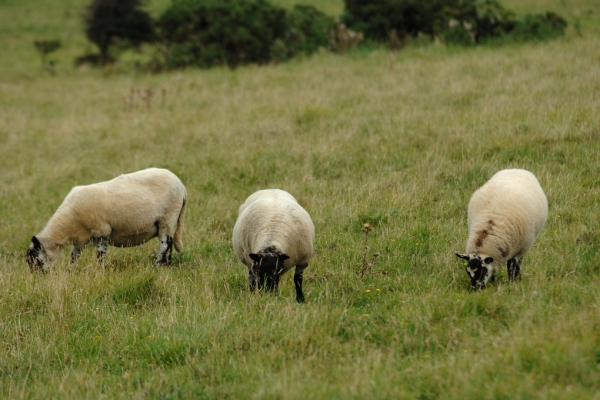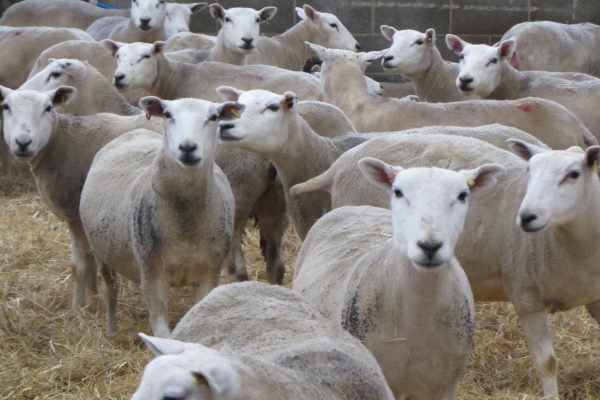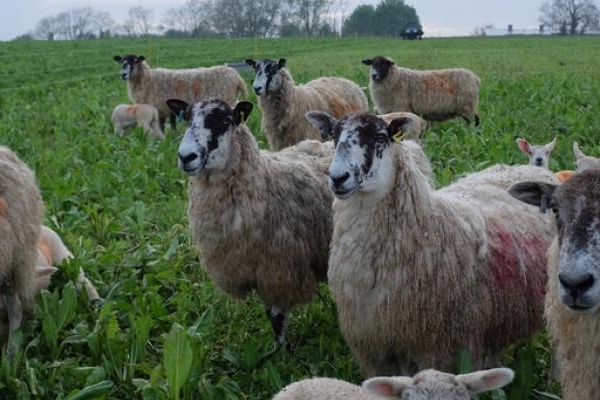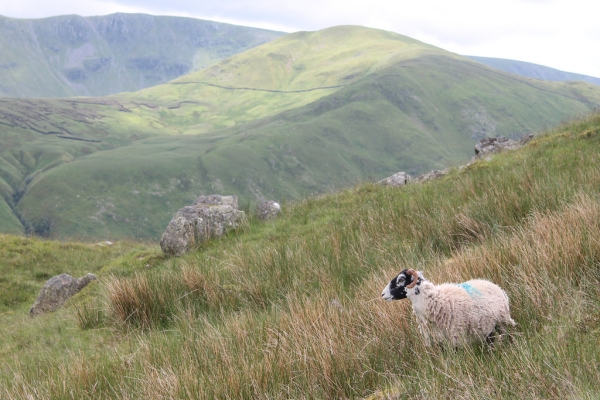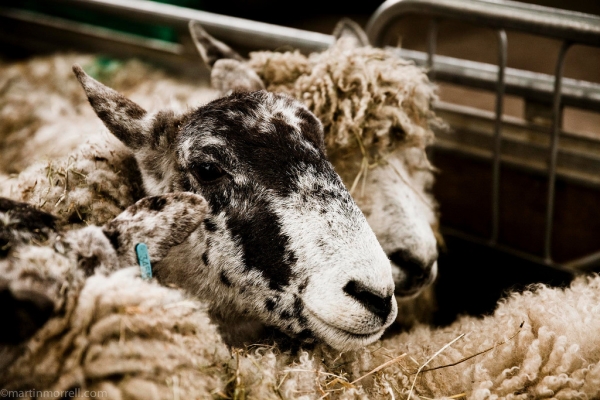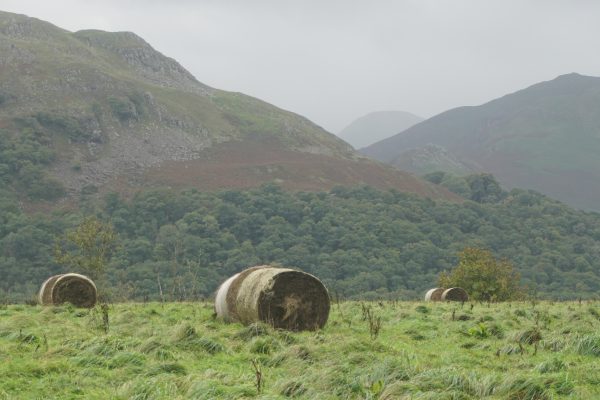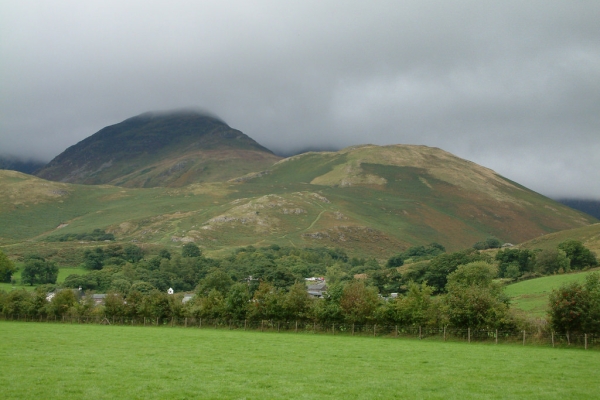Why traditional sheep farming is most sustainable for hills and uplands
For decades, upland farming has come under pressure. At one end accused of not being modern enough, and, at the other, of damaging ecosystems. Yet this most fundamental of activities has carved our uplands and its ecology has been a result of farming and grazing.
Communities have farming at their core and the heritage that people value are the result of our farming history. These communities provide a wealth of history and culture, with many traditional practices, services, buildings and ways of life maintained by the local people. Widely viewed as upholding the traditional upland way of life, the farming family is a social institution, often with ancestral links to the local area and a strong sense of belonging. Linking production to their social status within the farming community demonstrates their desire to make a living from farming.
I often think about the effort that has gone into de-fencing upland sheep farming and wonder why it must be that way. Similarly, if those who constantly call for its demise had their way and upland sheep farming disappeared (like many other ancient industries and ways of life), would it matter?
To me, the answer is obvious. We would lose so much more… I believe that the industry should be recognised as one that can produce valuable products from little more than solar energy and grass, and whose benefits are as much environmental and social as they are economic.
The upland environment
The unique environment created by hundreds of years of upland farming can be highly valuable in leading to quality water, carbon sequestration and biodiversity. The minimal input use and lack of pollution of the environment in the uplands means that it provides clean, fresh water, and helps combat the carbon dioxide emissions from more urban and industrial areas by providing capture and long-term storage of carbon in the upland peat soils.
There is an emerging focus on ‘natural capital’ and rewarding those who provide public goods and services, whilst protecting the environment through sustainable practices is of greater importance than ever. Both are achieved merely through the basic framework of upland and hill farming.
The wider benefits
Upland areas founded on sheep farming offer social and health benefits for residents and tourists. Many urban workers look to the great outdoors for recreational boosts to their mental and physical health. The influx of visitors is a huge boost to the local economy, and allows farmers to diversify into the tourism industry, providing additional income to the sometimes poor returns from farming.
Uplands also provide a wealth of history and culture, with many traditional practices, buildings and ways of life maintained by the local people. Whilst we don’t want to make the uplands into heritage farm museums, it is important that the traditional skills and practices are not lost.
Recognising the evidence
After struggling to combat opposing views on the value of upland sheep farming, the National Sheep Association decided to review its 2012 report ‘The Complementary Role of Sheep in Less Favoured Areas.’ This no doubt greatly helped the debate, but it is sobering to think how much things have moved on since then. Flooding and water management was far lower down the agenda for farmers and policy makers alike, and the idea of rewilding barely crossed our minds. The revised report, The Complementary Role of Sheep in Upland and Hill areas, makes a compelling, evidence-based case for sheep farming in the uplands, and we intend to use this as a refreshed appeal to get upland farming its rightful recognition amongst policy makers and the wider public.
